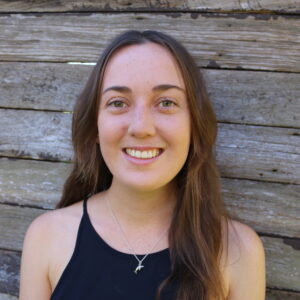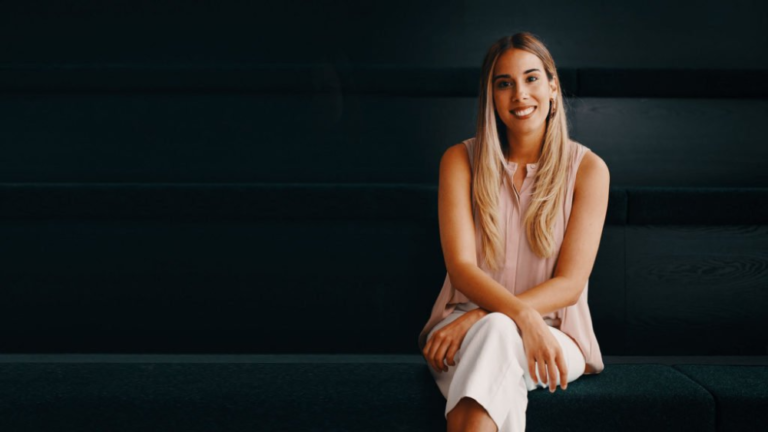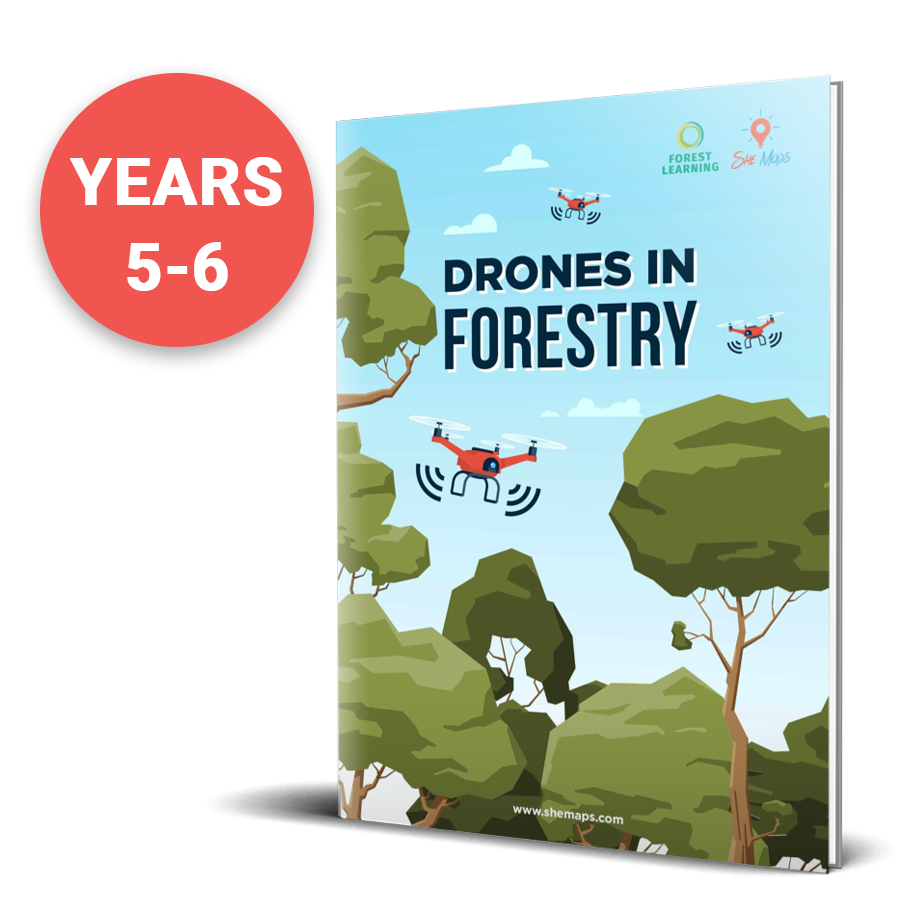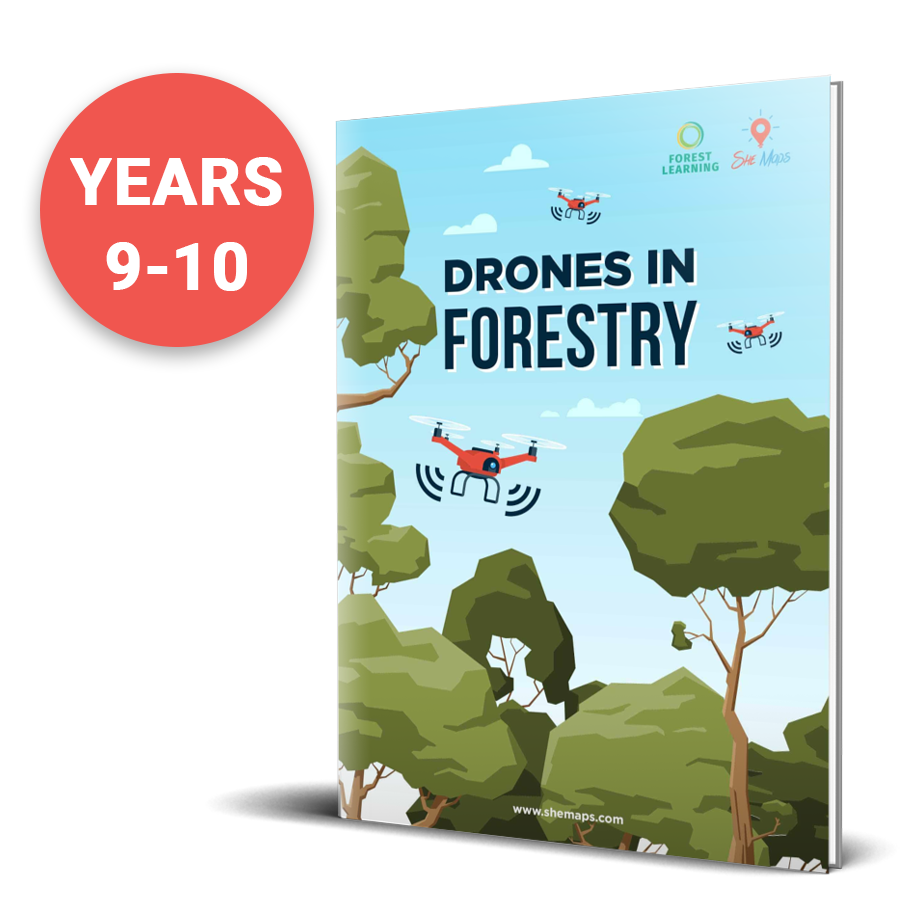Main Menu


NAIDOC Week 2020 celebrates that we have the oldest continuing cultures on the planet and acknowledges that Aboriginal and Torres Strait Islander people were Australia’s first explorers, first navigators, first engineers, first farmers, first botanists, first scientists, first diplomats, first astronomers, and first artists. We have put together a range of STEM related resources and content for teachers and students to use, explore, and enjoy throughout the week.
Taylah Griffin is a Gangalu woman who grew up in what is now called Gordonvale in Far North Queensland. She had an interest in STEM subjects from an early age, and went on to study Electrical and Aerospace engineering at Queensland University of Technology (QUT). She was the first Indigenous woman to graduate from QUT with an engineering degree, and the first Indigenous person to graduate with an Honours in Electrical and Aerospace Engineering. She now works as a Test Engineer at Boeing Defence Australia.
Taylah joined us this NAIDOC week for a chat about her journey, her advice to students interested in pursuing STEM, and her hopes for the future of Reconciliation in Australia.
Achieving her STEM career dreams required Taylah to overcome a number of significant barriers. Having grown up in a small regional town, opportunities were relatively limited, and Taylah spoke about the importance of seizing on opportunities when they’re presented. She also highlighted the important role that teachers can play in supporting young Indigenous students in STEM.
“It definitely makes a world of difference when you’ve got good teachers who are supporting you and backing you,” she said.
An Honours in Engineering is certainly no easy task, and Taylah faced some difficult times during university.
“I was challenged academically but I just thought no this is where I want to go this is what I want to do,” she said. “If you’re studying STEM and you really love it but you’re also really struggling, I would just suggest to reach out for help.” Taylah went out of her way to seek out further tutoring and would attend extra sessions at university to ensure she was staying on top of subjects and staying on track to achieve her goals.
“I knew exactly where I wanted to go and I knew that just because I didn’t get things straight away, didn’t mean that I can’t get to the end point.”
Now in the workforce, Taylah identifies the difficulties that come with being a trailblazer. “It’s really hard to find other people who are like me,” she said. “You’re a bit of a trailblazer but it also means that you’re the only one there and it’s really hard to seek the support you might be after.” Unfortunately, there are currently not many Indigenous people working in the Aerospace field, but this is something Taylah hopes to change, and she believes that the challenges she’s faced will become easier over time as we see more and more young Indigenous people in the STEM workforce.
“The kind of change we’re talking about is systemic and it isn’t going to happen overnight,” she said. “But there are really great things that are happening in this space, I know there are lots of STEM programs that are rolled out in schools.” Taylah is involved in the Young Indigenous Women’s STEM Academy, which brings together young Indigenous women across the country with an interest in STEM and supports them throughout highschool and university. “Nothing like that was around when I was going through school,” she said. “If we keep on that trajectory we’re going to see a lot more Indigneous students in our STEM courses in university and then into our workforces and succeeding.”
Taylah is a member of the team implementing Boeing Defence Australia’s Reconciliation Action Plan (RAP). She hopes to encourage more young Indigenous Australian’s to take up STEM, and also encourage increased diversity in all aspects of the workforce. “I’m in the RAP team because it’s time to make social change and this is a really effective way to do it I believe,” Taylah said.
In her eyes, the end goal of the RAP would be to see a decolonized workplace. This is a big goal, but Taylah believes we can get closer and closer to this goal by taking the small steps and closely following Reconciliation Action Plans, “It’s a long way to go but you’ve got to start somewhere,” she said. For Taylah, a world without unconscious bias would be one “Where we’re at Reconciliation, and you just come into work and in the back of your head you’re not thinking ‘I have to do better because people might not see me as equal’”
You can read more about Reconciliation Action Plans here at the Reconciliation Australia website, and read more broadly about what decolonization means here.
As the longest continuing culture on Earth, there is an endless amount to learn and appreciate about Indigenous culture in Australia. Taylah emphasised how important it is for everyone to be active in reading about, researching, and understanding Aboriginal and Torres Strait Islander culture.
“It’s really important that people are taking some time to learn about the culture because there is lots to love… The onus is on everyone to step outside the box and do their own research”
During our chat she shared a number of resources to get started with if you’re looking to learn more about Aboriginal and Torres Strait Islander culture, check them out below:
She Maps also recommends having a look at Deadly Science, the Indigenous Literacy Foundation, and the CSIRO Aboriginal Summer School for Excellence in Technology and Science, as organisations which are supporting learning and STEM in Indigenous communities. If you haven’t already, make sure to check out the full interview with Taylah Griffin!
It is important to us at She Maps that recognizing and celebrating Indigenous culture, and supporting Aboringinal and Islander Peoples extends beyond NAIDOC week. Although NAIDOC week is a special week to celebrate, we believe it should not be treated in isolation, and that continued efforts should be made every day to acknowledge, celebrate, and learn from First Nations culture and knowledge in our schools, homes, and the greater Australian identity.
At She Maps, we are committed to increasing diversity in STEM, which includes highlighting and amplifying the contributions and achievements of Aboriginal and Torres Strait Islander Peoples and cultures. We welcome suggestions and ideas for how we can improve in our efforts.
She Maps is Australia’s leading expert in drone and geospatial education.
She Maps assist schools with the purchasing of drones, school-industry created drone and geospatial teaching resources and highly supportive teacher professional development.
Ready to buy drones for your school? We are an authorised DJI reseller in Australia

Subscribe by email and never miss a blog post or announcement.

She Maps aims to bring much needed diversity and support to STEM. We do this by providing drone and geospatial programs to teachers and schools across the globe.
At She Maps we acknowledge the Traditional Custodians of Country throughout Australia and their connections to land, sea, and community. We pay our respect to their Elders past and present and extend that respect to all Aboriginal and Torres Strait Islander peoples today.
Aboriginal and Torres Strait Islander peoples are advised that this site may contain names, voices, or images of people who have passed away.
Take our resources for a spin and join the thousands of teachers who love our ready-to-teach classroom materials. Try one of our complete units of work for free.

